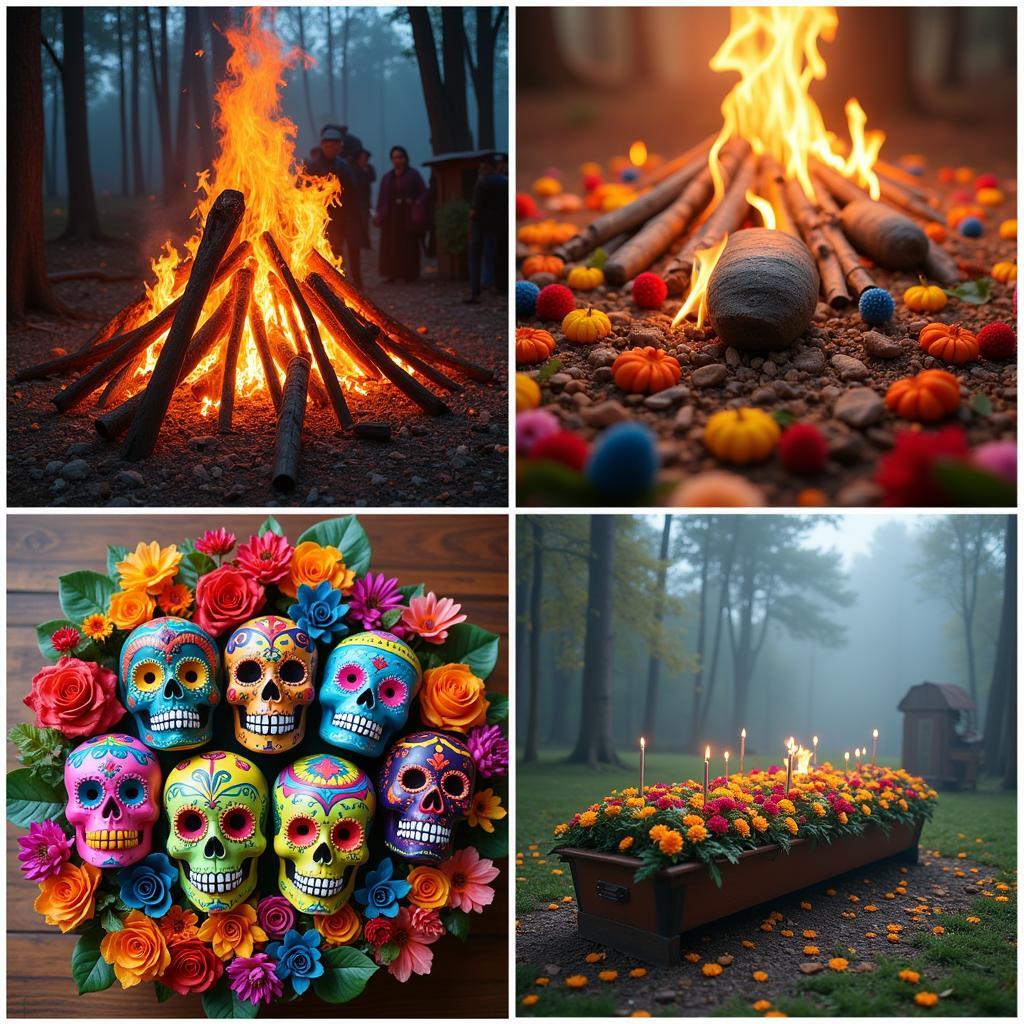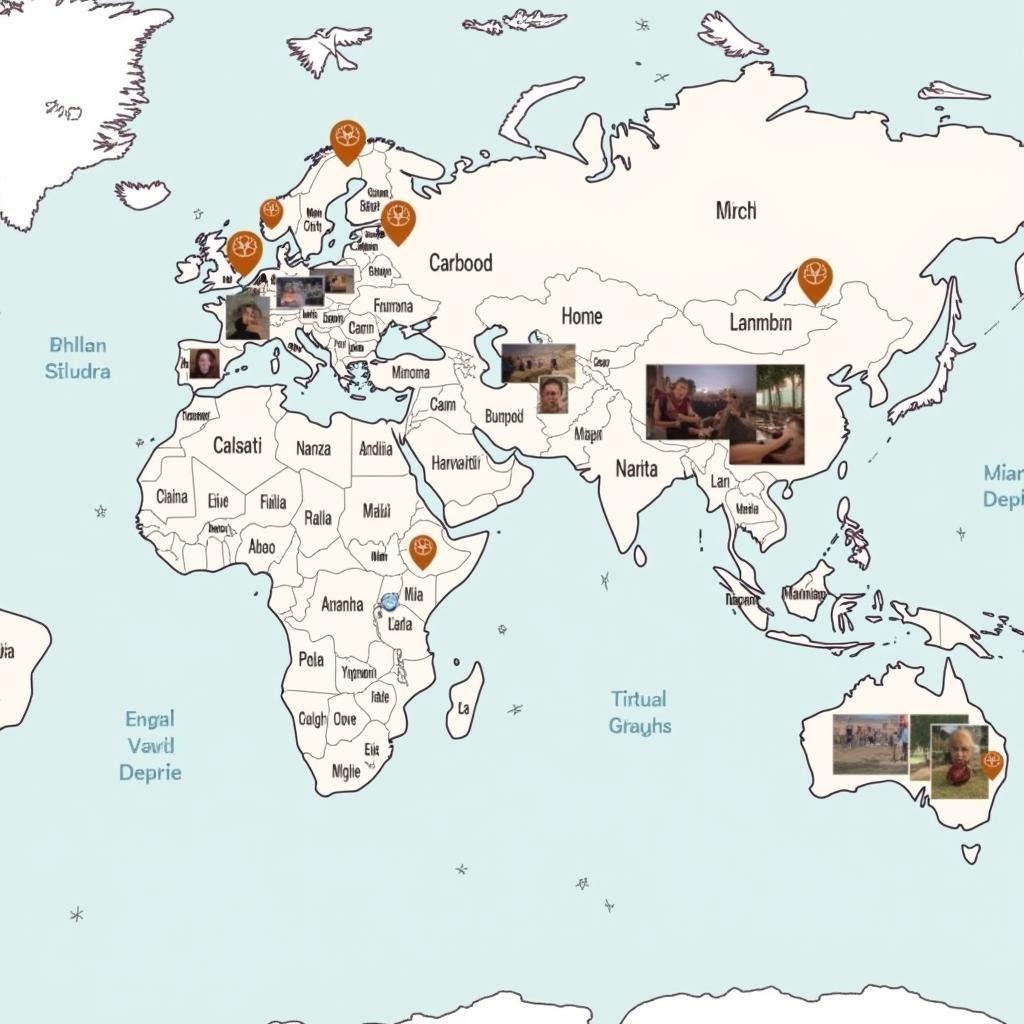Death is an inevitable aspect of the human experience, yet it remains one of life’s greatest mysteries. Its presence, or rather the anticipation of it, shapes societies, cultures, and individual lives in profound ways. Understanding how different cultures perceive death and the rituals they develop around it can foster empathy and bridge cultural divides.
 Cultural Rituals Around Death
Cultural Rituals Around Death
The Universality of Loss and Grief
While death is a universal experience, the ways in which we grieve and commemorate the deceased vary greatly. From elaborate funeral rites to quiet moments of reflection, societies have developed unique customs to process loss, honor memory, and provide solace to the bereaved. These traditions offer a glimpse into the values, beliefs, and spiritual understandings of a culture.
For instance, in some cultures, death is seen as a transition to another realm, and rituals are focused on guiding the deceased to their next life. In others, the emphasis is on celebrating the life lived and keeping the memory of the departed alive through storytelling and shared remembrance.
 Grieving Rituals Around The World
Grieving Rituals Around The World
The Impact of Death on Social Structures
Death also plays a significant role in shaping societal norms and institutions. The allocation of inheritance, the transfer of power, and even the structure of families are often deeply intertwined with cultural attitudes towards death. For example, in societies where ancestor worship is prevalent, death does not signify an end but rather a continuation of influence and presence in the lives of the living.
Moreover, the fear of death and the desire for immortality have fueled countless artistic expressions, philosophical inquiries, and religious beliefs throughout history. From the pyramids of Egypt to the epics of Gilgamesh and the Mahabharata, humanity has grappled with mortality and sought meaning in the face of its inevitability.
Finding Meaning in Mortality
why is religion important to society
While confronting death can be a daunting experience, it can also be an opportunity for reflection, growth, and a deeper appreciation for life. The awareness of our own mortality can inspire us to live more authentically, cherish our relationships, and contribute meaningfully to the world around us.
Death in the Digital Age
The digital revolution has ushered in new ways of experiencing and coping with death. Online memorials, virtual cemeteries, and social media platforms have become extensions of our grieving process, allowing us to connect with others, share memories, and find support in online communities.
However, the digital age also presents new challenges. Issues such as digital inheritance, online privacy after death, and the ethics of artificial intelligence in relation to death are raising complex questions that require careful consideration and ethical frameworks.
 Digital Legacy and Death
Digital Legacy and Death
Conclusion: Embracing Life’s Full Circle
Death, society, and human experience are intricately woven together. By understanding the diverse ways in which we approach death and dying, we can cultivate greater empathy, appreciate the richness of human culture, and find solace and meaning in the face of life’s ultimate transition. While death marks an end, it can also serve as a powerful reminder to live fully, love deeply, and make the most of the precious time we have.
FAQs About Death and Society
- How do different religions view the afterlife?
- What are some common rituals associated with death around the world?
- How has technology changed the way we grieve?
- What are some ethical considerations surrounding death in the digital age?
- How can we talk about death with children in an age-appropriate way?
You might also be interested in:
- the giver society: Explore societal structures that grapple with mortality in unique ways.
- epidemics and society: Understand how societies have historically responded to mass death and the lessons we can learn.
Need support?
Contact us at Hotline: 02043854663, Email: [email protected] Or visit us at: Zone 34, Bac Giang, 260000, Vietnam. Our customer service team is available 24/7.